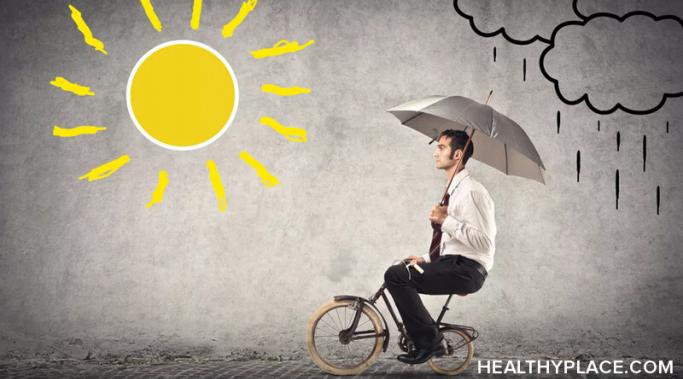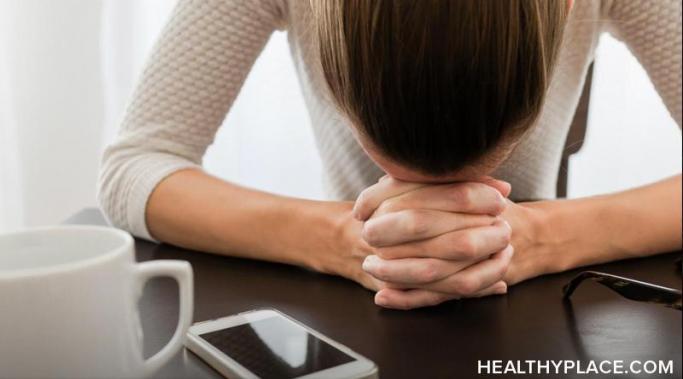Online therapy for anxiety can help relieve the stress of searching for a therapist. When you’re in an anxious state, finding a good therapist can feel daunting. If you find someone, it may take weeks for an appointment. Many are turning towards the convenience of online therapy. And for people with anxiety, there are particular aspects of online therapy that can be helpful.
Anxiety Management – Treating Anxiety
If you want to prevent anxiety as we enter the new year, better self-care may be on your list of resolutions. But how quickly do we veer off course when we set lofty expectations for ourselves? I’d like to offer some tips to help you build a self-care practice to prevent anxiety without exacerbating it in the process.
I recently attended a rational emotive behavior therapy (REBT) training and I began thinking more about using it to reduce my own anxiety. Rational emotive behavior therapy, the first form of cognitive behavioral therapy (CBT), was developed by Albert Ellis in the 1950s. The REBT approach encourages us to dispute irrational thinking to develop healthy emotional self-regulation.
Is anxiety affecting your concentration? If you suffer from anxiety, you likely know that a common anxiety symptom is difficulty in concentration. Anxiety can send us into a true tailspin of disruptive and irrational thinking that can affect our ability to focus.
Limiting beliefs and thoughts are often at the root of social anxiety. If we trust these limiting beliefs, we give our thoughts undue power. Cognitive restructuring is one technique used in cognitive behavioral therapy (CBT) to treat social anxiety.
Stress amplifies anxiety. Part of self-care is managing that stress and doing what we can to keep ourselves from feeling overwhelmed. Sometimes this means reducing our activities and obligations, even ones we like and would prefer to keep. It is for this reason that my time writing the Treating Anxiety blog must come to an end.
I experience seasonal anxiety, so naturally I expect it--but never as soon as it appears. Today I peered out the window, and there it was. A wave of anxiety rolled through my body. It was a familiar jolt that reacted to a common anxiety trigger—a cold, blustery day with a sky darker than my favorite charcoal gray t-shirt. Autumn is here and winter is coming. Naturally, seasonal anxiety is too.
Do family holidays trigger your anxiety? Family relationships can trigger anxieties, so chances are that the holidays are particularly challenging. While holidays can be a time to connect with loved ones, there are many situations that may lead to anxiety symptoms. The question becomes, "How can we deal with anxiety triggers when family holidays are around the corner?"
The after-effects of a panic attack rarely include immediate relief. Living with severe anxiety and panic disorder means remaining constantly vigilant – of ordinary events, special events, people and our anxiety disorder itself. We worry and we watch, wanting to control what we can and, at least, predict the rest. That’s partly what makes a panic attack so difficult to experience. When the panic attack ends, the after-effects of a panic attack begin.
Even positive events can trigger trauma memories sometimes. This week, the hashtag #metoo flooded social media accounts to demonstrate the widespread problem of sexual assault and harassment. We witnessed a multitude of voices share deep-seated shame and anxiety associated with trauma. Whether through a simple #metoo or a painful story, we unloaded our burdens. While freeing for many, the hashtag could have triggered trauma memories for some.









